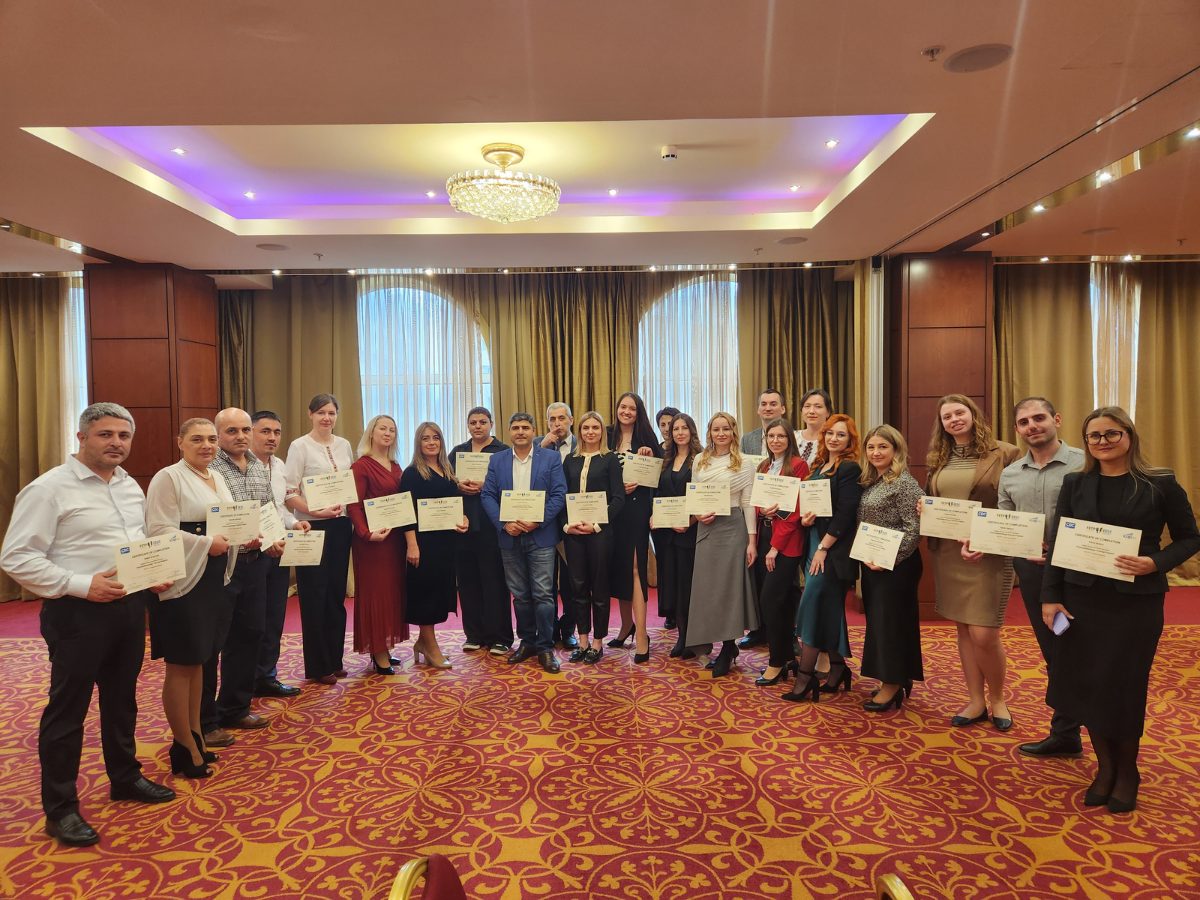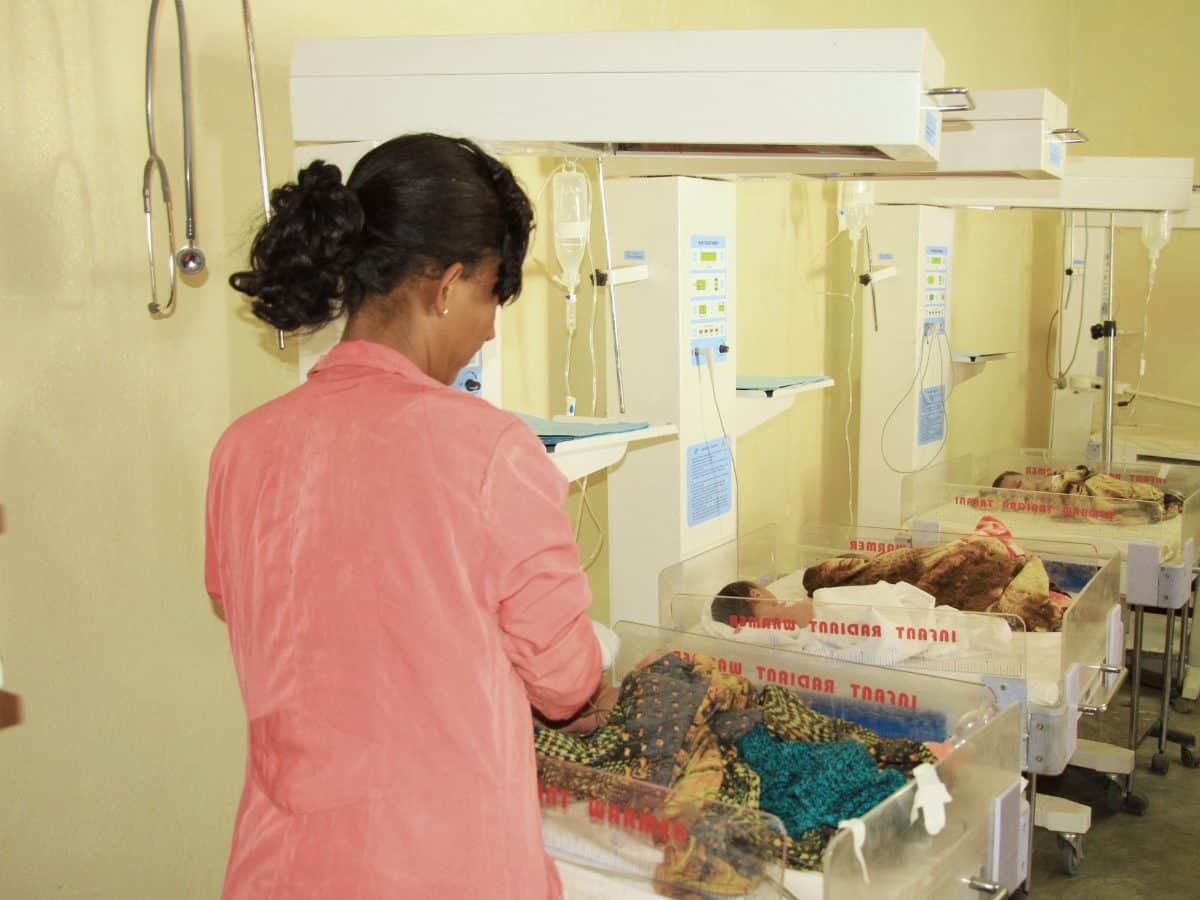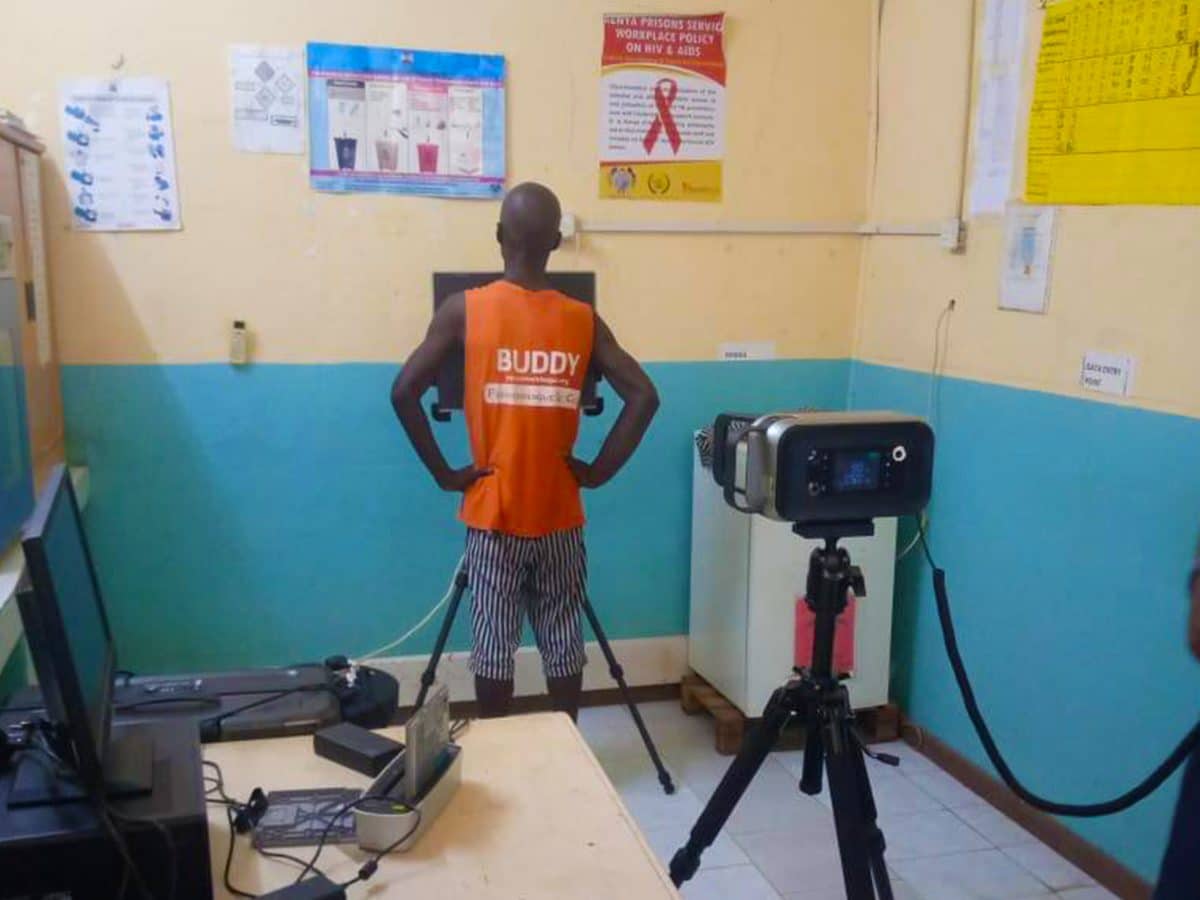When Ms. Ada Takele began working as laboratory head at Boneya Health Center in Ethiopia’s Oromia Region, the lab had no microscope, and laboratory supplies were limited. This was not an isolated situation six years ago. Many health centers, hospitals and regional reference laboratories lacked adequate equipment and supplies, and there were no standardized national training programs for laboratory professionals, consequently limiting confidence in laboratory results. Since then, Ethiopia’s Ministry of Health and ICAP have worked together to make significant progress in confronting malaria, the country’s leading communicable disease.
With funding from USAID through the “President’s Malaria Initiative”:http://www.pmi.gov/, ICAP’s Malaria Laboratory Diagnosis and Monitoring (MLDM) project has been working to strengthen malaria laboratory diagnostic capacity and case management in Ethiopia. Over the past six years, this has entailed support for the development of policies, guidelines, and programs; training of health care workers; and enhancing linkages between facilities across the country.
“There was a huge gap in malaria diagnosis in the country and reaching all of the facilities was beyond our ability,” said Embabo Dede, director at Nekemte Regional Laboratory in Oromia. “ICAP provided training for laboratory personnel, provided equipment and supplies needed, and supported the initiation and scale up of the laboratory quality assurance program in our region.”
To scale up and strengthen quality assurance activities in malaria laboratory diagnosis, ICAP supported the development and implementation of a national malaria diagnostic manual, External Quality Assessment (EQA) guidelines, and standard operating procedures. It also supported the establishment of a national malaria slide bank to archive validated slides and initiated regional EQA programs, supportive supervisions and mentorship.
The technical assistance has rapidly expanded from 69 facilities in 50 districts in Oromia region in 2009 to 790 facilities in 380 districts across Ethiopia today—covering 70 percent of malarious districts. To date, ICAP has trained over 2,500 laboratory workers in malaria diagnosis and quality assurance as well as trained more than 2,700 health workers in malaria case management. By March 2015, more than 2,620 mentoring and supportive supervisory visits were conducted at 580 health facilities. Additionally, 521 facilities are enrolled in regional EQA programs, and 188 high performing facilities have graduated from direct ICAP support and transferred to routine regional laboratories quality assurance programs.
“With training and especially with the regular supportive supervision and mentoring, I have gained deep practical knowledge and skills,” said Takele. “So many things have changed, both in the laboratory and in my skills.”
These efforts are advancing Ethiopia in its efforts to control malaria. In 2009, only 34 percent of malaria cases in Ethiopia were confirmed through laboratory diagnosis, which has increased to 84 percent by the end of 2014.
“These are significant achievements,” said Tesfay Abreha, MLDM project director at ICAP. “We look forward to continuing to support the Ethiopian National Malaria Strategic Plan that envisages a day when this disease will be eliminated from the country.”








